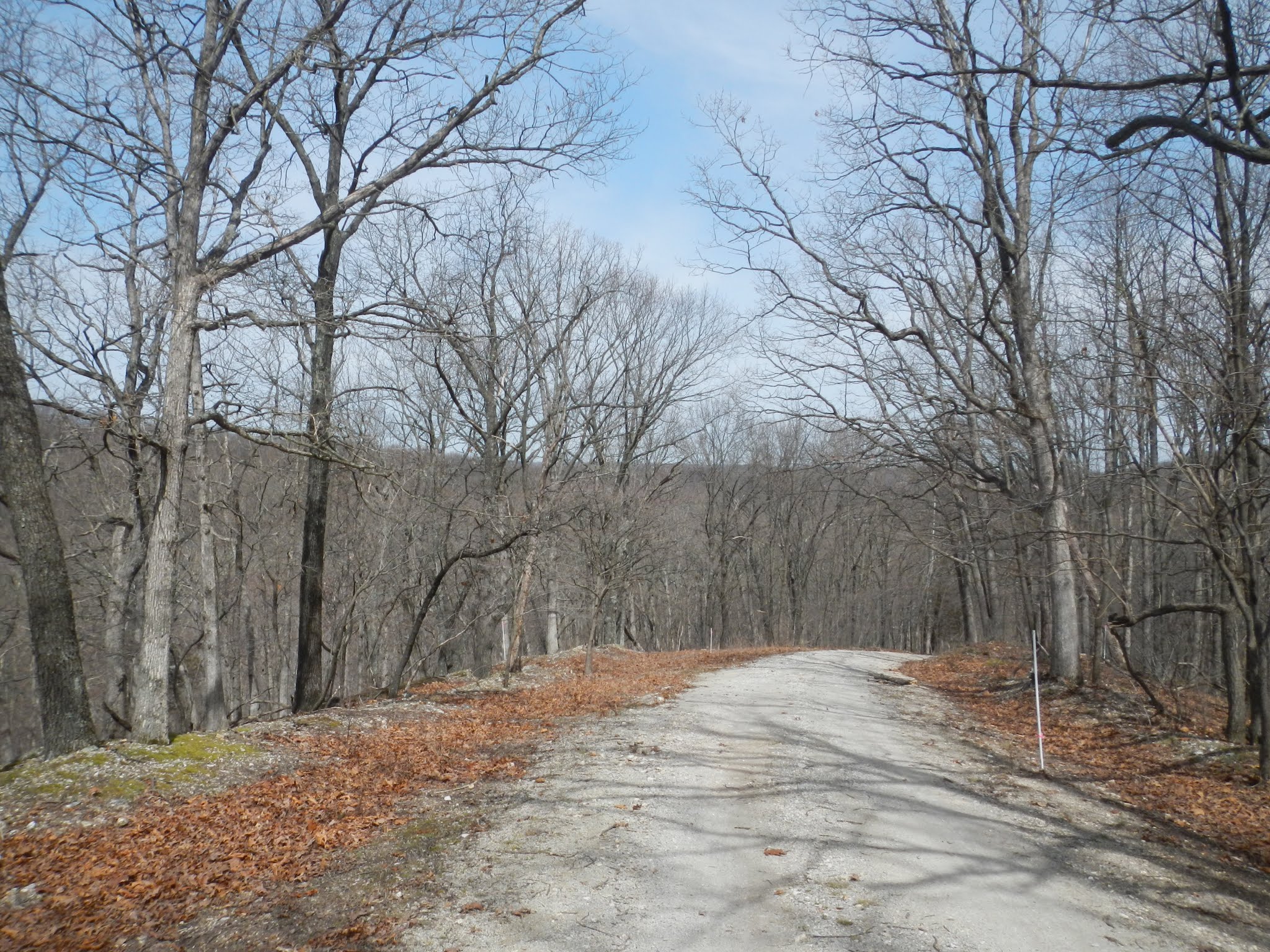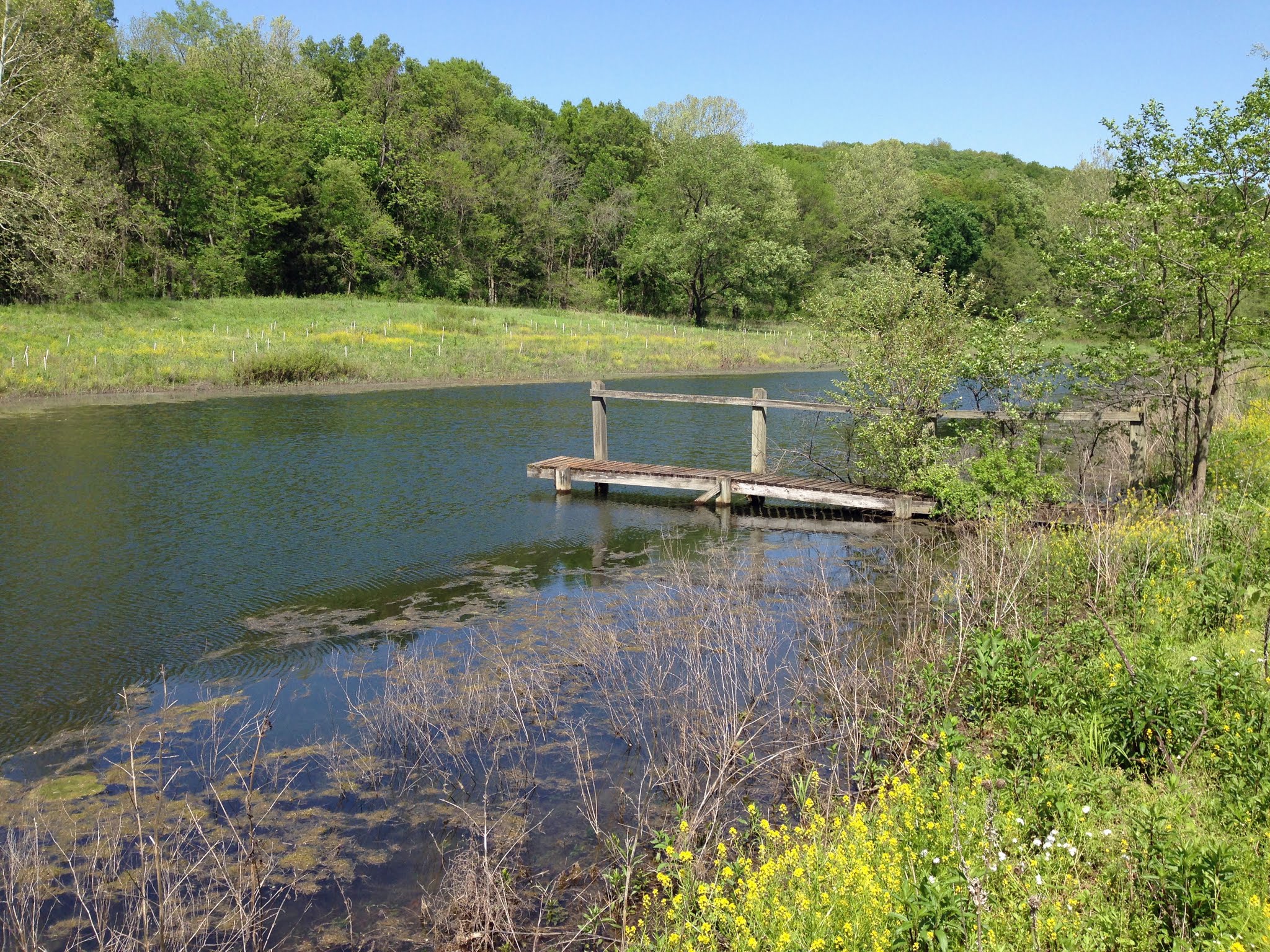Ecology
Habitats: Freshwater, Terrestrial
Ecoregions: I: Eastern Temperate Forests
II: Ozark-Ouachita-Appalachian Forests
III: Ozark Highlands
IV: Eastern Ozark Border
Contact
Website: tyson.wustl.edu
Telephone: +1-314-935-8430
Email: tyson@wustl.edu
Address: 6750 Tyson Valley Road, Eureka, Missouri 63025
Director: Kim Medley
Resources
Overview
Tyson Research Center encompasses steep hills and valleys covered in deciduous forest, fields, and several ponds, with ephemeral streams that flow to the nearby Meramec River. Situated in the Ozark foothills in the St. Louis metropolitan area, Tyson has laboratory, education, and office buildings and is committed to sustainable operations.
Additional research facilities include a research garden, experimental forest plots to study prescribed fire, a long-term forest plot, temperature-controlled plant growth space, a shade house, deer exclosures, 12 experimental ponds, experimental glades, an experimental prairie, and numerous aquatic mesocosms.
In the late 1800s and early 1900s the the Minke Hollow portion of Tyson was a limestone quarry, and a subterranean portion is colloquially referred to as a 'cave' today. During World War II the area was an ammunition depot, with a numerous roads and bunkers remaining in Tyson today.
During the summer Tyson Research Center is home to many undergraduate and high school research programs, a seminar series, and many other researchers.
Within Tyson is the Endangered Wolf Center, and Tyson is surrounded by other protected lands, including West Tyson County Park, Lone Elk Park, and Castlewood State Park. They own a 45-hectare annex in the nearby LaBarque Creek Watershed, which contains a high diversity of freshwater species.

